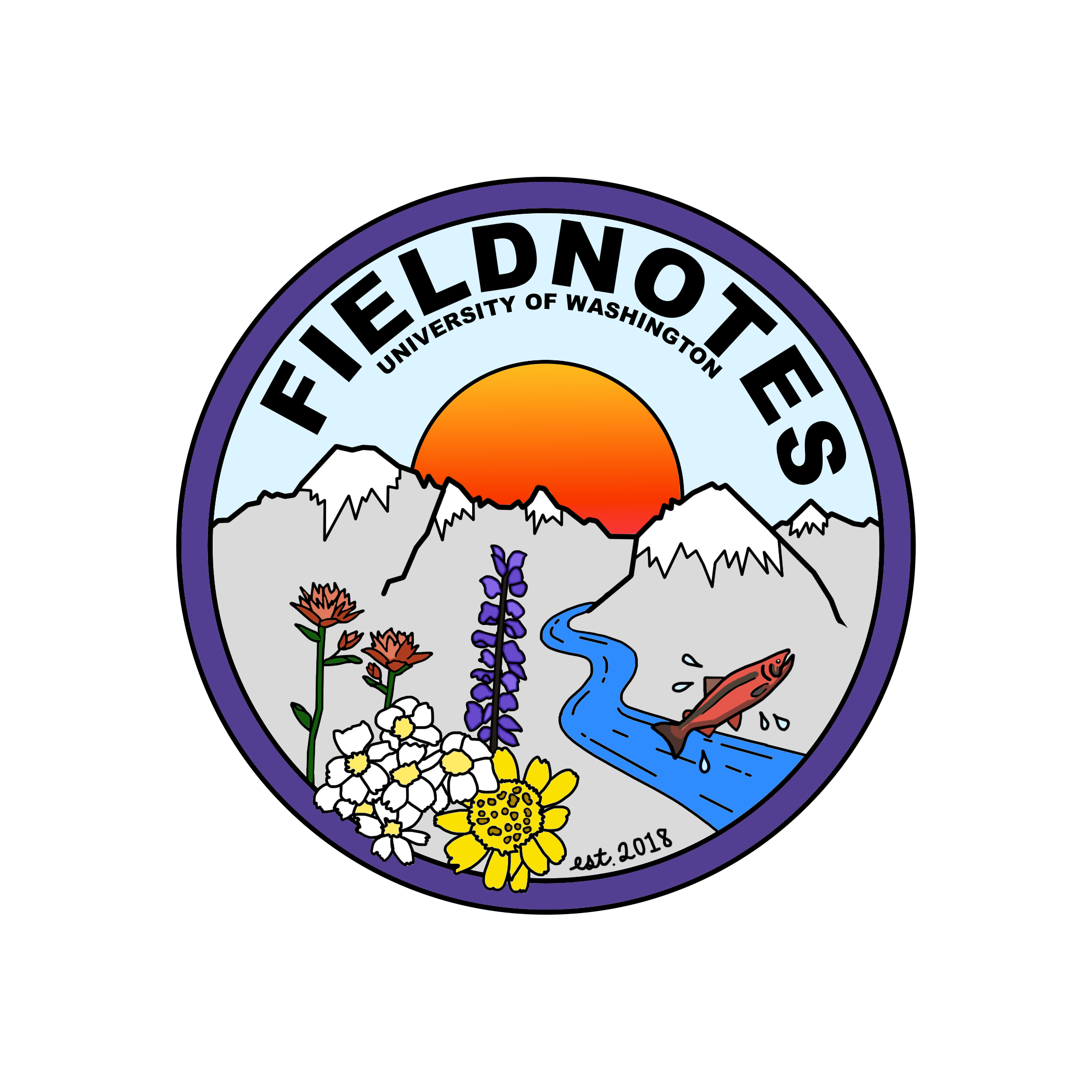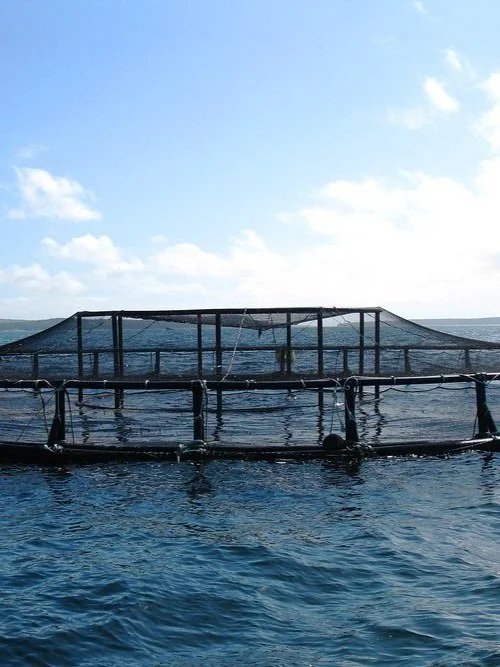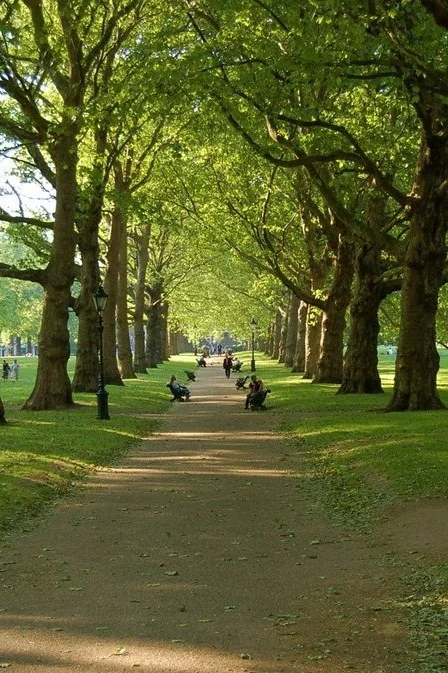UW students develop a model to predict when the university’s famous cherry trees will bloom. Their efforts are producing valuable data for climate research and spring tourism alike.
Read MoreMuch of Washington State’s shoreline is armored against erosion, which degrades important intertidal ecosystems. The funding of sustainable alternatives is making waves throughout the state, converting armoring on both private and public land.
Read MoreTo address rising demand, a Spanish company has begun plans to construct a large-scale octopus farm. Activists around the world question the ethics of farming such intelligent creatures.
Read MoreTo many, the Washington Park Arboretum is a sanctuary outside the stress of the Seattle city. Scientists now know that birds don’t have that luxury and are facing challenges due to traffic on the 520 bridge.
Read MoreState agencies are racing against time to restore salmon passages and culverts. What does this mean for the future of salmon and the tribes that depend on it?
Read MoreNet-penning has been a long-contested issue, as advocates for its promotion of local jobs and economies clash with those exhibiting concern for marine ecosystem health.
Read MoreEnvironmental studies student Tess Petrillo shares their experience creating a guide to improve habitat restoration and ecological equity in urban environments.
Read MoreTwo major glaciers in the Prince of Wales Icefield are receding as air temperatures warm, and the implications for global sea level rise are major.
Read MoreGrass is often not thought of first when it comes to sustaining a healthy ecosystem. However, a growing body of research suggests that not all grasses are created equal. By monitoring how grass species interact with the surrounding environment, and by choosing specific species to plant, the more deliberate use of grass could make a favorable difference in Seattle’s landscape.
Read More









